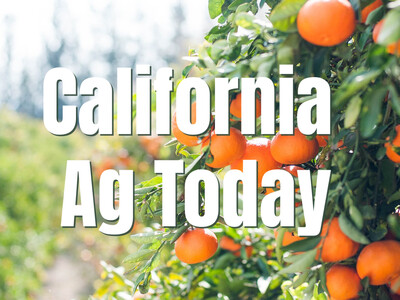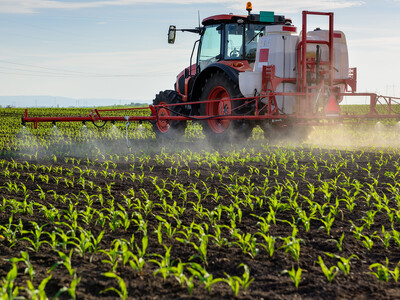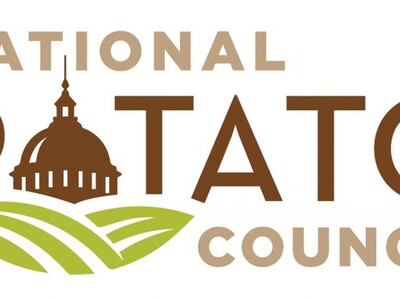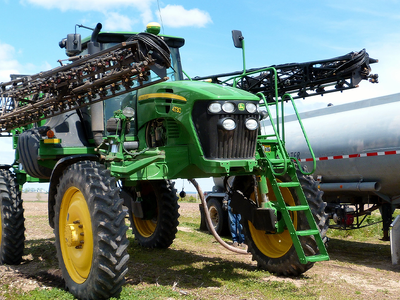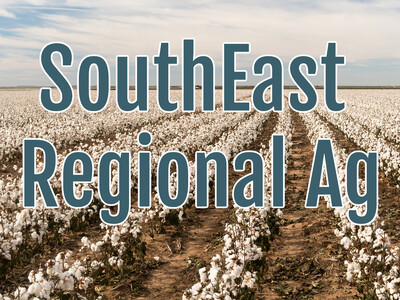An Integrated Farming Approach

Tim Hammerich
News Reporter
Organic, regenerative, biodynamic, and conventional are all names of different types of farming systems. But it’s possible that each of them brings positive attributes that could benefit the others. In other words, there is something to be learned from all of them. Erin Silva’s work at the University of Wisconsin - Madison focuses on organic production, but says she often is working with conventional growers who are interested in organic practices.
Silva… “The innovation that comes out of both these management strategies, I think is really what's going to lead us into the future. Not being dogmatic about organic or conventional, but really looking forward and seeing all the tools we have available, the technology we have available, the genetics we have available and building an integrated system that uses the best of all of what we have to create a system that really brings us forward, where we need to be.”
This integrated approach is important for addressing some of our biggest problems, such as chemical resistance in weeds.
Silva… “As we see the breakdown of the effectiveness of our herbicide tools and the rise of herbicide resistant weeds, we're seeing a lot of those strategies being adopted and a recognition that the continued strategy of no till production that's solely reliant on chemical tools is really not something that's going to sustain us into the future.”
Silva encourages farmers to be open minded to find the best fit for their operations.




